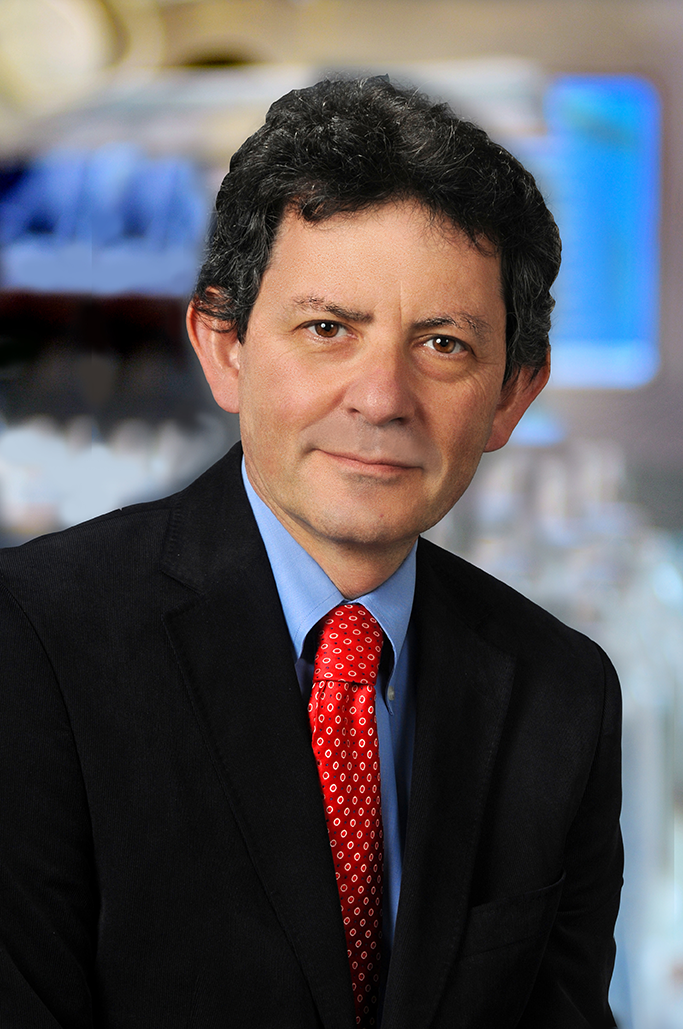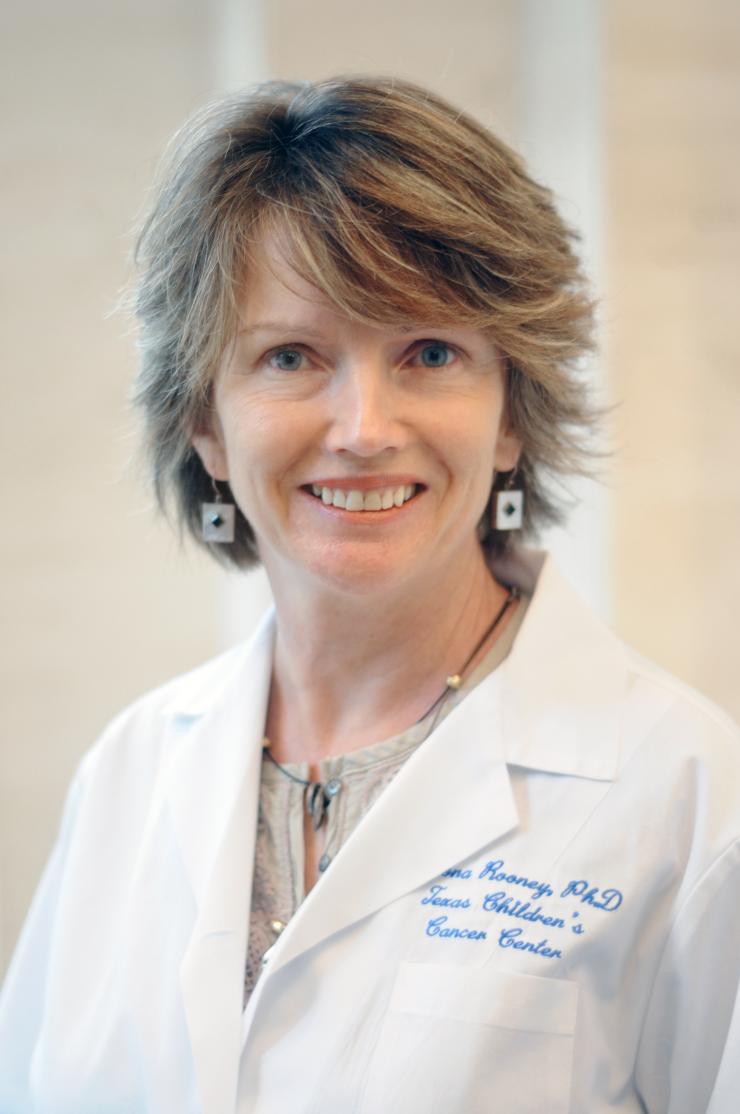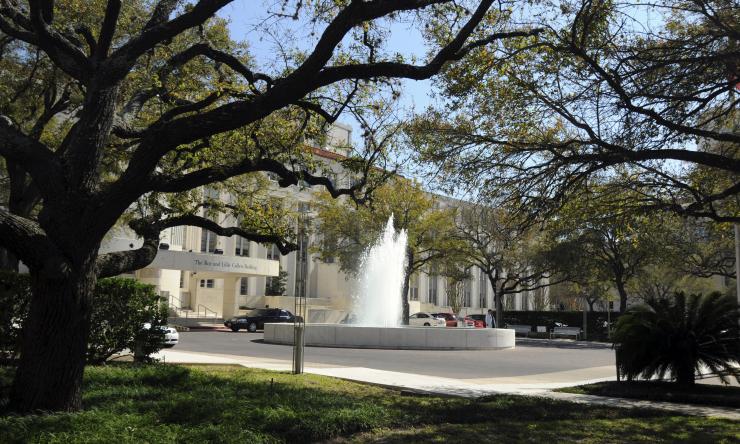Drs. Brenner, Rooney named National Academy of Inventors Fellows
Dr. Malcolm Brenner and Dr. Cliona Rooney of Baylor College of Medicine are two of the 170 academic inventors named fellows of the National Academy of Inventors today. The NAI Fellows Program highlights academic inventors who have demonstrated a spirit of innovation in creating or facilitating outstanding inventions that have made a tangible impact on quality of life, economic development and the welfare of society.

Dr. Malcolm Brenner
Dr. Malcolm Brenner is Founding Director of the Center for Cell and Gene Therapy at Baylor College of Medicine, Texas Children’s Hospital and Houston Methodist Hospital. He also holds appointments in the Departments of Pediatrics, Medicine and Molecular and Human Genetics at Baylor. He holds the Fayez Sarofim Chair and is a member of the Dan L Duncan Comprehensive Cancer Center.
His primary research interest is the use of gene transfer to augment the immune response to human tumors, using vaccines and adoptive transfer of genetically modified T cells. His group was amongst the first to study the anti-leukemic effects of IL2 following stem cell transplantation and the safety and feasibility of post-transplant immunization. His subsequent studies utilizing gene marking showed that autologous hematopoietic stem cells (HSC) could contribute to long-term reconstitution after autologous transplant and provided important insights into stem cell biology. His recent research in HSC transplantation has shown that T cells can be genetically modified for patients with infection and cancer following transplantation. Working with Dr. Cliona Rooney, his lab developed techniques for depleting alloreactive T cells and transferring them to HSC recipients whilst incorporating an inducible caspase 9 suicide gene to enhance safety.

Dr. Cliona Rooney
Dr. Cliona Rooney is a professor in the Center for Cell and Gene Therapy and the Departments of Pediatrics, Molecular Virology and Microbiology and Pathology and Immunology at Baylor. She holds the Thomas J. Rosenbalm, M.D., Presidential Chair and is a member of the Dan L Duncan Comprehensive Cancer Center.
Rooney’s research focuses on the use of virus-specific T-cells (VSTs) for the treatment of viral diseases and malignancies. She first used EBV-specific T-cells to prevent and treat EBV+ post-transplant lymphoma, then extended this successful therapy to other post-transplant viral infections and to EBV+ malignancies that occur in immunocompetent individuals. She has developed and clinically evaluated strategies that render T cells resistant to inhibition by the tumor microenvironment, such as a dominant-negative TGFb receptor, a single chain interleukin (IL)-12 and a constitutively active IL-7 receptor (C7R), as well as an inducible caspase 9 suicide safety switch for gene-modified T-cells, all of which subsequently have proved successful in clinical trials. To overcome the lack of in vivo proliferation of tumor-specific T-cells, she has evaluated VSTs as hosts for CARs, so that CAR-VST activation and expansion can be induced by endogenous viruses, viral vaccines or oncolytic viruses.
The 2024 Fellow class represents 135 research universities and governmental and non-profit research institutes worldwide and collectively hold more than 5,000 issued U.S. patents. They will be inducted at the 14th NAI Annual Conference, held June 26, 2025, in Atlanta.
The complete list of the Class of 2024 NAI Fellows is available here.










